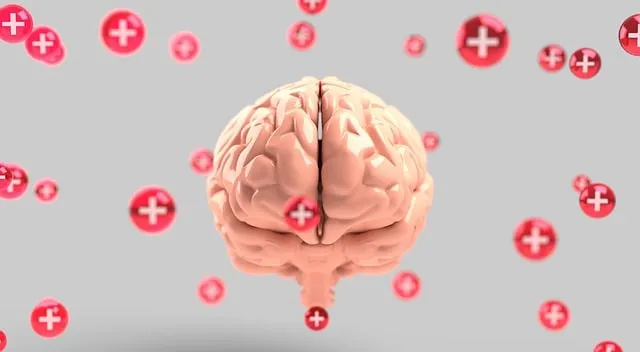The Broomfield Kaiser Permanente mental health center prioritizes patient safety through comprehensive harm minimization strategies, regular staff training, and continuous improvement. They conduct thorough risk assessments to identify environmental, procedural, and client-related hazards, developing targeted interventions for mitigation. This proactive approach promotes recovery, fosters an inclusive atmosphere, and enhances emotional well-being by integrating evidence-based practices like Stress Reduction Methods and Cultural Sensitivity in Mental Healthcare.
Risk assessment and harm minimization planning are critical components of providing safe, supportive care in healthcare settings. This article explores these essential practices, offering insights into their fundamental role in enhancing patient well-being. We delve into two key case studies, including a comprehensive understanding of risk assessment and the successful implementation of harm minimization strategies at Broomfield Kaiser Permanente Mental Health Center. Additionally, we discuss continuous evaluation as a dynamic approach to ensuring safety and quality care.
- Understanding Risk Assessment: A Foundation for Harm Minimization
- Implementing Effective Harm Minimization Strategies at Broomfield Kaiser Permanente Mental Health Center
- Continuous Evaluation and Improvement: Ensuring Safety and Supportive Care
Understanding Risk Assessment: A Foundation for Harm Minimization

Risk assessment is a critical process at the heart of harm minimization planning, particularly in sensitive settings like the Broomfield Kaiser Permanente mental health center. It involves meticulously evaluating potential hazards and their likelihood to cause harm, allowing for proactive measures to safeguard individuals and communities. By identifying risks associated with various factors—be it environmental, procedural, or related to client populations—mental health professionals can develop comprehensive strategies that foster a safer environment.
This foundational step is crucial in addressing mental illness stigma reduction efforts, as understanding and managing risks equips centers like Broomfield Kaiser Permanente to create supportive spaces where individuals can openly seek emotional regulation support and engage in self-care routine development for better mental health. Through rigorous risk assessment, the center can implement targeted interventions that not only mitigate potential dangers but also contribute to a positive and inclusive atmosphere, fostering recovery and well-being.
Implementing Effective Harm Minimization Strategies at Broomfield Kaiser Permanente Mental Health Center

At Broomfield Kaiser Permanente Mental Health Center, implementing effective harm minimization strategies is a top priority. The center recognizes that risk assessment and proactive planning are essential components in ensuring patient safety and delivering high-quality care. By integrating comprehensive risk management practices, such as regular staff training on trauma support services and crisis intervention guidance, the center aims to create a supportive environment for individuals seeking mental health treatment.
This proactive approach involves ongoing monitoring of patient risks, immediate response protocols, and access to specialized resources. The Mental Health Center’s Risk Management Planning for Mental Health Professionals includes detailed procedures for identifying vulnerable patients, assessing potential hazards, and implementing tailored interventions. This strategy not only minimizes harm but also fosters a culture of resilience and recovery among the patient population.
Continuous Evaluation and Improvement: Ensuring Safety and Supportive Care

At Broomfield Kaiser Permanente mental health center, continuous evaluation and improvement are at the heart of our commitment to patient safety and supportive care. We recognize that mental healthcare is a dynamic field, with new research, therapies, and best practices emerging constantly. Therefore, we maintain an ongoing assessment process that involves regularly reviewing clinical outcomes, patient feedback, and staff insights. This proactive approach ensures that our services remain aligned with the latest evidence-based methods, such as Stress Reduction Methods and Emotional Well-being Promotion Techniques.
Through this continuous evaluation, we identify areas for enhancement and implement strategic improvements. Our team prioritizes Cultural Sensitivity in Mental Healthcare Practice, integrating diverse perspectives to cater to the unique needs of every patient. By fostering a culture of learning and adaptation, Broomfield Kaiser Permanente aims to deliver not just effective treatments but also exceptional, patient-centered care that supports long-term emotional well-being.
Risk assessment and harm minimization planning are essential components of providing safe, supportive care at institutions like the Broomfield Kaiser Permanente Mental Health Center. By understanding the risks and implementing targeted strategies, as demonstrated by successful initiatives at the center, healthcare facilities can create environments that promote healing and well-being while minimizing potential harms. Continuous evaluation ensures these measures remain effective and relevant, fostering a culture of safety and quality care.


